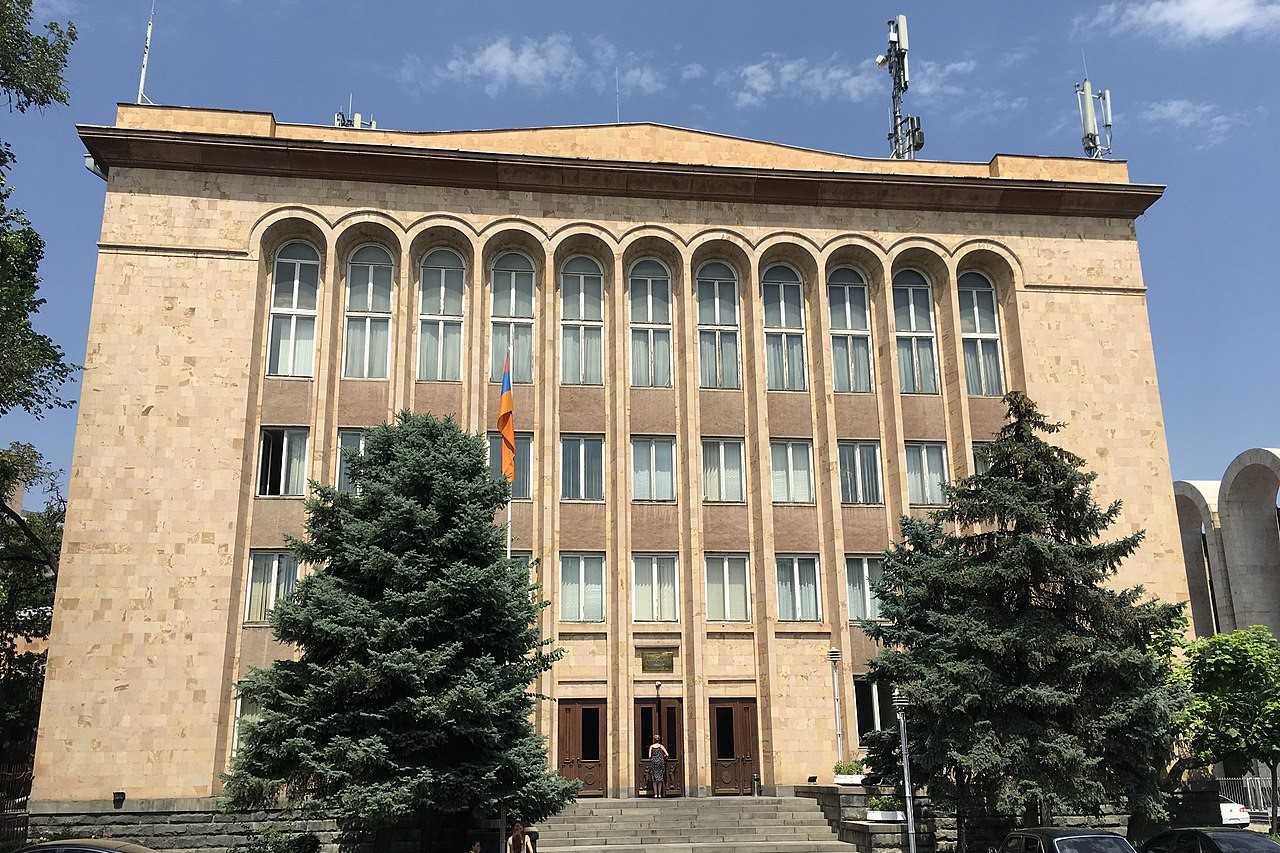
On 20 June, Armenians voted overwhelmingly to reelect Nikol Pashinyan’s Civil Contract party to power. OC Media spoke to several opposition and civil society figures in Azerbaijan to find out their perceptions of the elections in Armenia.
At a press conference on Monday, Azerbaijani Foreign Minister Jeyhun Bayramov responded to elections in neighbouring Armenia.
‘As it became known yesterday, early parliamentary elections were held in Armenia. A new government is expected to be formed’, he said.
‘As a result of these processes, we believe that the Armenian political leadership will understand the real consequences of the political crisis and draw the right conclusions.’
‘Azerbaijan supports the normalisation of relations with Armenia based on the norms and principles of international law, respect for territorial integrity, sovereignty, and the inviolability of internationally recognised borders.’
‘Official Baku believes that there is no alternative to the interaction of the countries of the region’, Bayramov said.
A true reflection of the will of the people
While Azerbaijani officials abstained from commenting on the conduct of the elections, all of the public figures who OC Media spoke with agreed that they were, on the whole, free and fair.
Ali Karimli, the chair of the opposition Popular Front Party of Azerbaijan, said that he trusted the OSCE observation mission, and that the elections were democratic. ‘The announced election results reflect the will of the Armenian people’, Karimli told OC Media.
In their preliminary findings, the OSCE found the election to be ‘competitive and generally well-managed’.
OSCE missions during Azerbaijani elections, by contrast, have been far more scathing. In their final report on Azerbaijan’s 2020 parliamentary elections, they found that ‘the restrictive legislation and political environment prevented genuine competition’ and that ‘significant procedural violations during counting and the tabulation raised concerns whether the results were established honestly’.
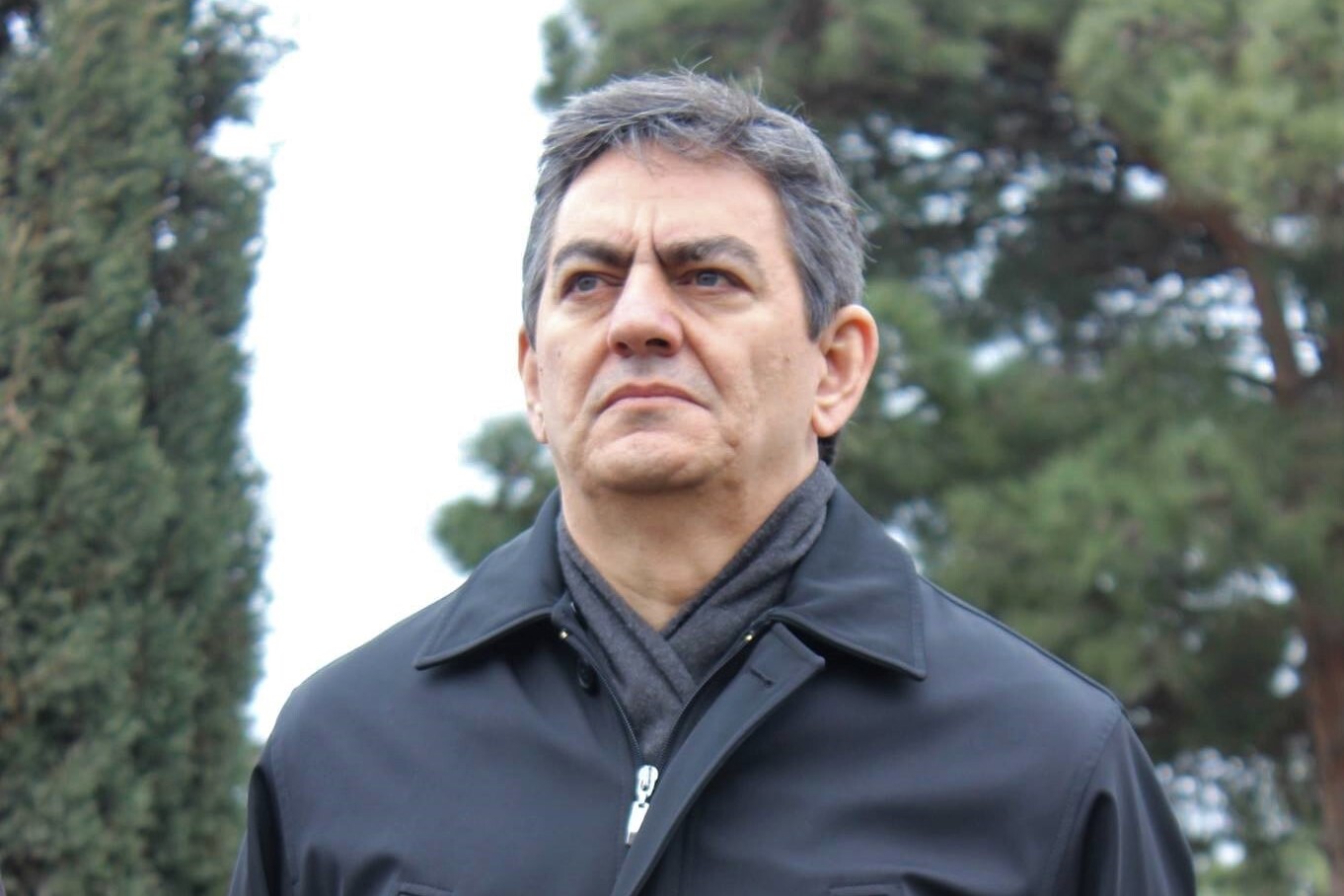
Anar Mammadli, a human rights activist and head of the Election Monitoring and Democracy Studies Centre, also cited the positive assessment of international observers.
‘Based on the opinions of international organisations … I can say that the elections were held in a spirit of respect for fundamental freedoms, especially political freedoms’, Mammadli told OC Media.
‘The election process showed that freedom of expression and media freedom were maintained at a high level. Freedom of assembly is guaranteed by law. We witnessed elections in a competitive environment.’
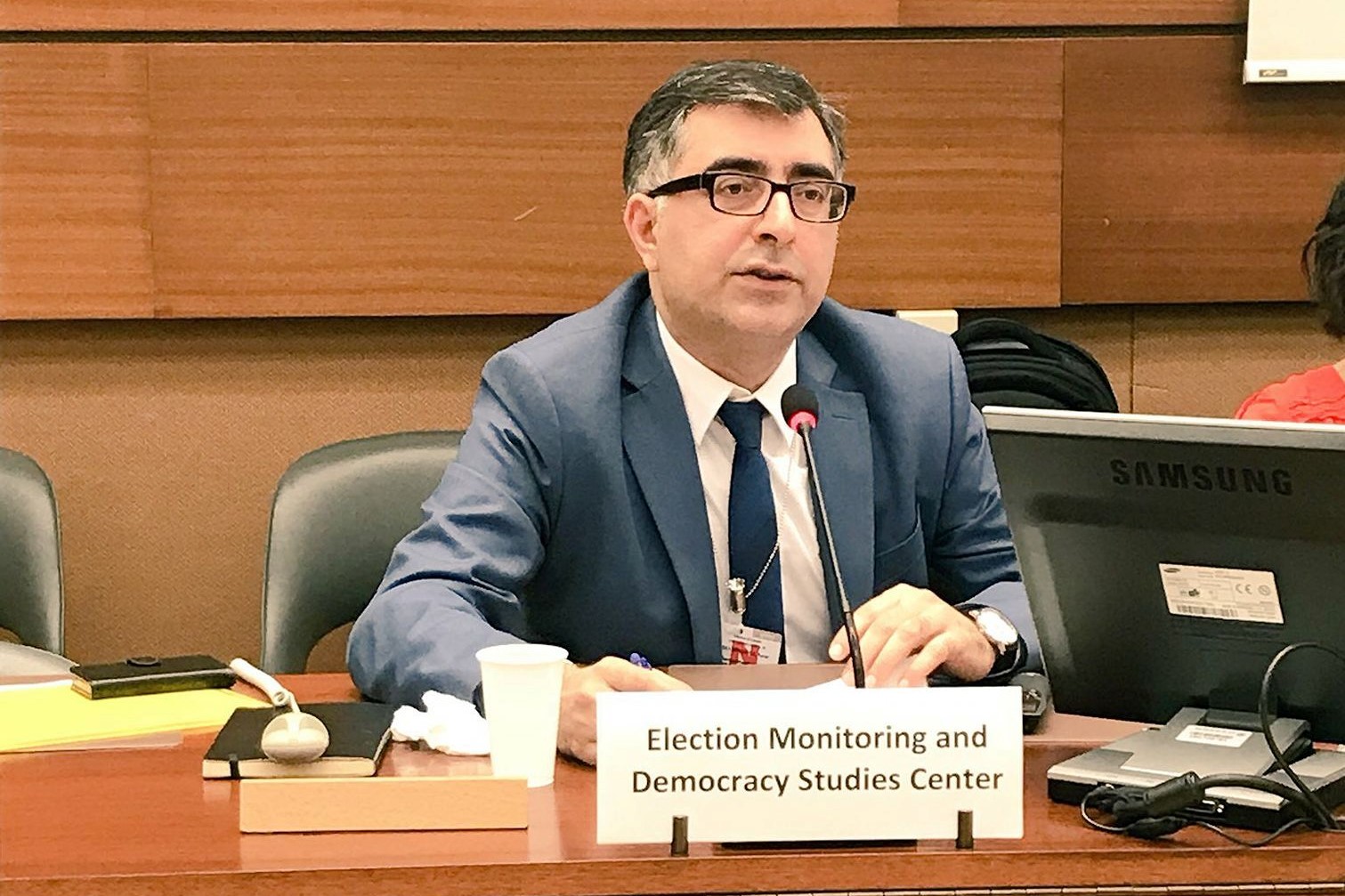
Mammadli also mentioned the ‘hate speech’ and ‘political conflicts’, that took place during the rancorous election campaign. The main contenders, Nikol Pashinyan and Robert Kocharyan, frequently exchanged insults in the run-up to the vote.
‘In general, the elections were normal, but the election campaign and election day were very tough’, said Isa Gambar, the chair of the National Centre for Strategic Thought and a former chair of the opposition Musavat Party.
‘Mutual insults, attacks, and other incidents were recorded throughout the election process’, he added.
‘Strange as it may seem, the party that suffered a great military defeat remained in power, winning the majority of votes. This shows that there is no serious political force in the Armenian society that will present the right path and gain society’s trust.’
‘The Armenian people also did not trust the Kocharyan-Sargsyan union. Because of their corrupt and cruel nature, known from the past, the choice fell on Pashinyan’s side.’
Armenia’s elections and Azerbaijan
Several of those asked commented on the possible impact that the results and the competitive nature of the elections might have on Azerbaijan and the two countries’ relations.
Isa Gambar said he believed that Azerbaijan was likely prepared for both possible outcomes of the elections.
‘If revanchists like Kocharyan came to power, tensions would be inevitable’, he said. ‘Pashinyan staying in power will mean a gradual acceptance of post-war realities.’
‘It also shows that Armenian society wants to solve its problems with Azerbaijan through negotiations. It shows that Armenian society does not want to sacrifice more for the Azerbaijani lands of Nagorno-Karabakh. This is also a positive thing.’
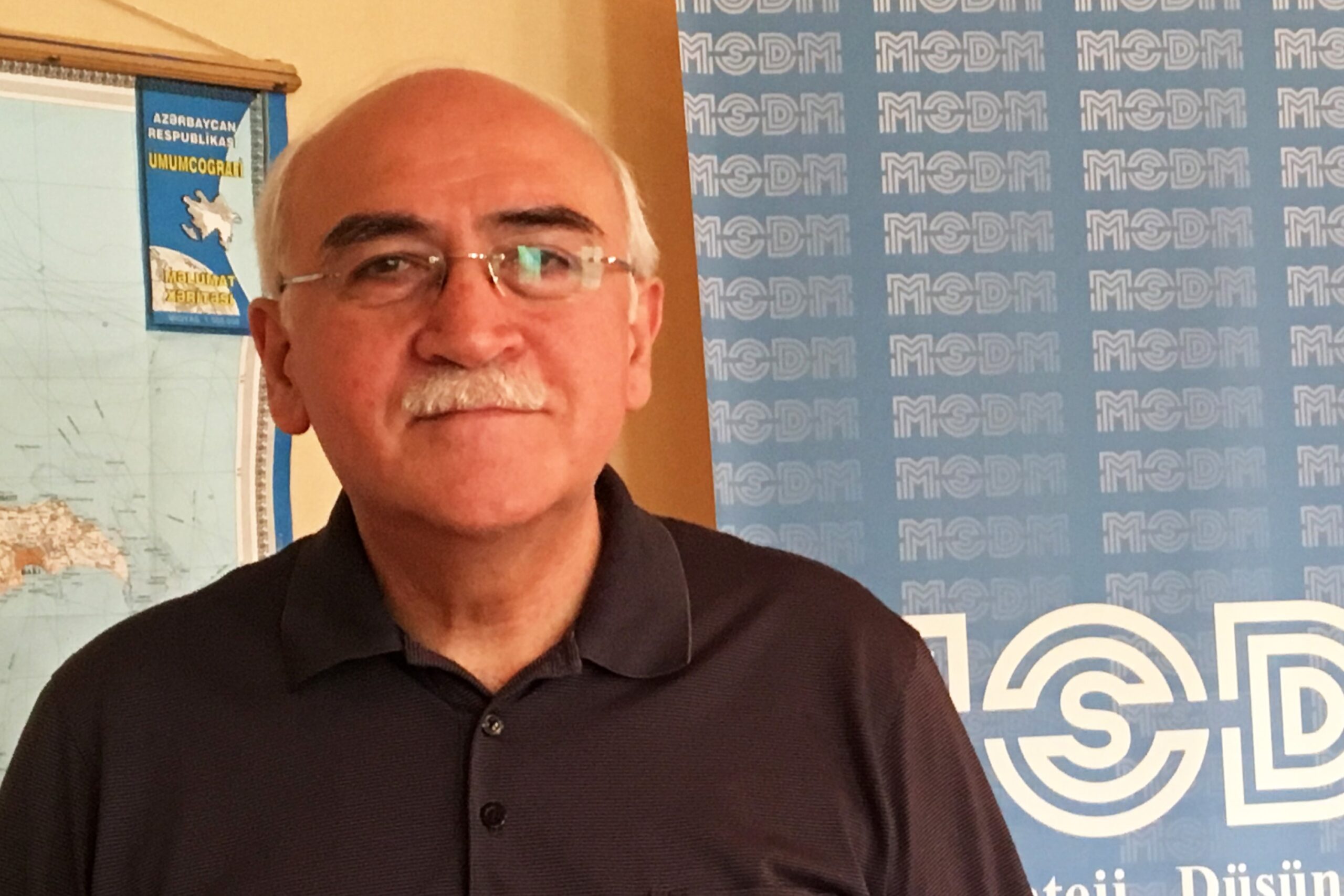
‘These elections in Armenia will not have a significant impact on major problems in the South Caucasus, such as democracy. The main thing is that the Armenian people have made their choice’, he said.
Anar Mammadli of the Election Monitoring and Democracy Studies Centre said that the peaceful change of government in the 2018 Velvet Revolution and other positive development since were ‘of interest to neighbouring countries and should be considered commendable.’
But Mammadli argued that the positive impact of the democratic process in Armenia on the region could only be seen if the country took a ‘more constructive position’ on the Nagorno-Karabakh conflict.
Until then, he said, ‘the current political processes in Armenia do not have much impact on the lives of people in neighbouring countries.’
Mammadli said that given the state of diplomatic and public relations between Armenia and Azerbaijan following the Second Nagorno Karabakh War, ‘the details of the election process in Armenia are not so important for the Azerbaijani public.’
‘Azerbaijani society is only interested in which political force came to power and the election results’, he said.
‘However, the fact that the processes inside Armenia continue peacefully, the selection of a government through elections, that is, the use of non-violent methods are, of course, positive events. They will contribute in the future.’
‘The more democratic progress Armenia makes in its state-society dialogue, the better it will be in its relations with neighbouring countries.’
The Popular Front Party’s Ali Karimli said that Armenia holding a second democratic parliamentary election would have a positive impact on democratisation in Azerbaijan.
‘When democratic elections are held in any country of the world, it raises the issue of democratic elections for our country as well. When democratic elections are held in countries in the same region as ours, such as Armenia and Georgia, the impact on our country is even greater.’
‘Our people want democratic elections in Azerbaijan as well. I believe it will not be long before democratic elections take place in Azerbaijan’, Karimli said.
Gubad Ibadoghlu, chairman of the Movement for Democracy and Prosperity, an Azerbaijani pro-democracy group, said that Armenia holding democratic elections would have an impact on the way other countries dealt with them.
‘Because none of the elections in Azerbaijan confirms that the government in Azerbaijan was formed by the will of the people, this will create a big difference in the attitudes of other countries towards Armenia and Azerbaijan. Thus, the opinions and possible reactions of the Armenian people will be taken into account in [other countries’] relations with Armenia, but in relations with Azerbaijan, they will not take into account the position and opinion of the people’, he said.
‘Agreements will be concluded with only one person — the President.’
Isa Gambar, however, said that despite the transparency of Armenia’s elections, they would not impact the rest of the region.
A weakening of Russia in the South Caucasus?
Both pro-democracy activist Gubad Ibadoghlu and opposition leader Ali Karimli argued that the elections would have geopolitical implications.
Ibadoghlu said that it would accelerate Armenia’s withdrawal from Russia.
‘Russia will now reckon with the people in its relations with Armenia, but in relations with Azerbaijan, settlements with the president will continue.’
‘According to the results of the elections, I can say that the process of distancing from Russia, which began in Armenia three years ago … will continue even faster.’
‘This election in Armenia was not a choice for the past, but for the future’, he said.
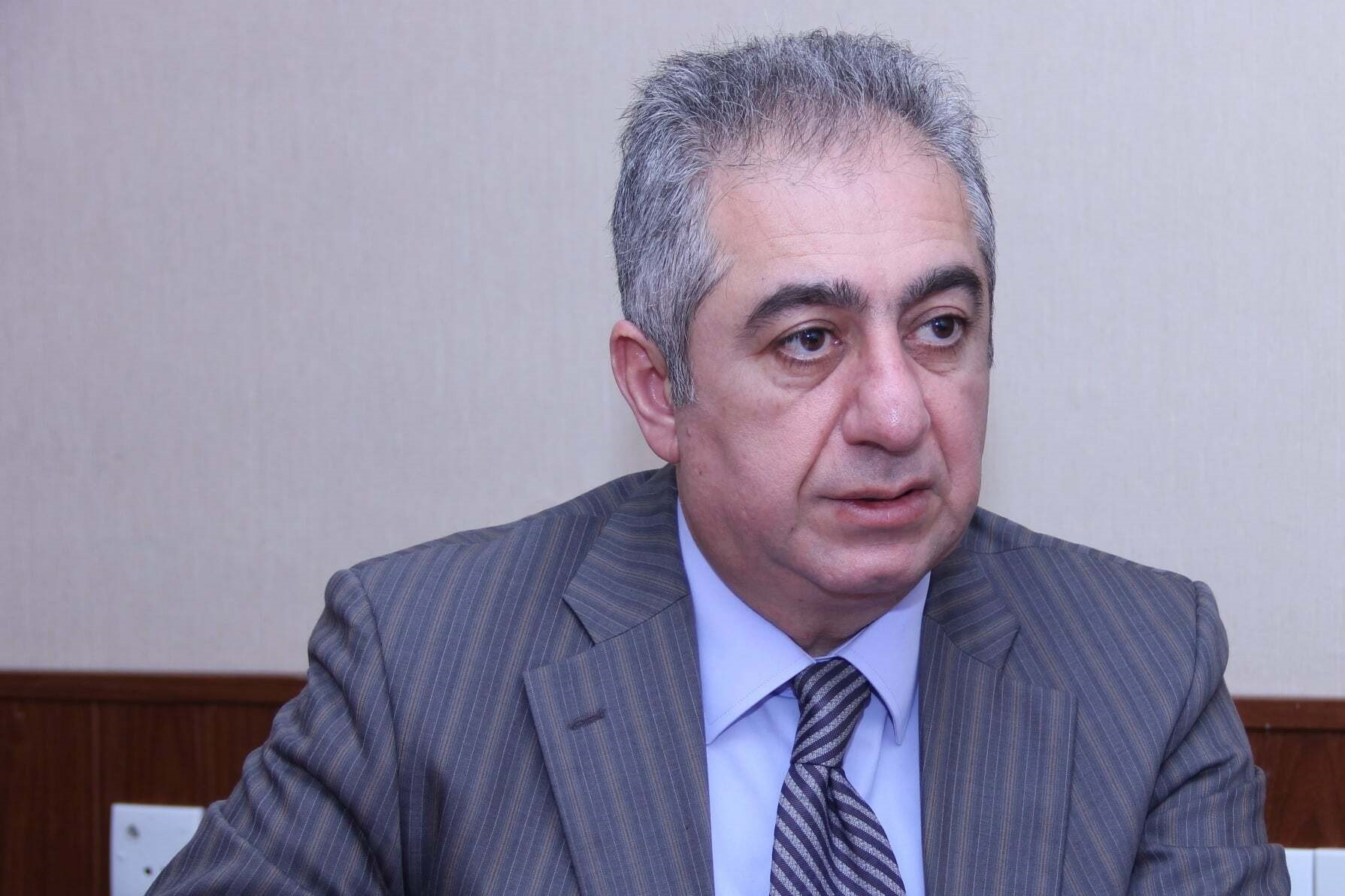
‘From now on, Russia and other countries will see not only the Armenian state and government in their relations with Armenia, but also the Armenian people.’
‘This means that the Armenian people have the will to form a government, and Russia has to take this into account. This is one of the positive results of this election. Russia will have to reckon with the Armenian people from now on.’
‘Unfortunately, the same cannot be said about Azerbaijan. In their relations with Azerbaijan, neither Russia nor the West reckons with the Azerbaijani people, but only with one person, the country’s president.’
Former Musavat Party chair Isa Gambar, while noting the presence of European observers, also lamented the presence of observers from the Russian-led Collective Security Treaty Organisation.
‘It is still unclear why a representative of the Collective Security Treaty Organisation, a military bloc, is sending an observer to the election?!’ he said.
Karimli said that the elections would ‘contribute to the strengthening of the South Caucasus region’s relations with the EU and NATO, the weakening of Russia’s control over the region, and the settlement of the conflict between Azerbaijan and Armenia in accordance with international law.’
‘Bringing the EU and NATO into the South Caucasus region and taking it away from Russia is the key to a speedy and international settlement of the conflict between Armenia and Azerbaijan’, Karimli said.




